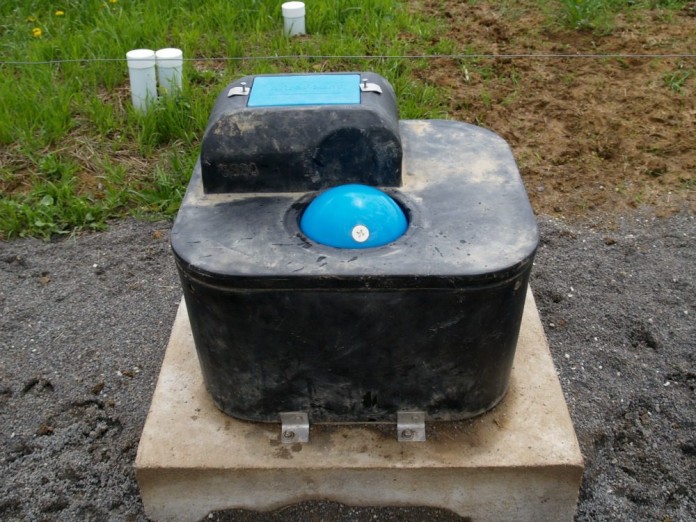UNIVERSITY PARK, Pa. — A recently completed study of water supplies on Pennsylvania dairy farms found that about a quarter of those tested had at least one water-quality issue.
And average milk production for these farms was about 10 percent lower than farms with good water quality.
There’s connection
Dairy farms rely on good quality water to ensure maximum milk production and herd health, according to study author Bryan Swistock, extension water resources specialist in Penn State’s College of Agricultural Sciences.
“While most dairy farms routinely test their water supplies for bacteria, additional testing for salts, metals and other parameters that can affect herd performance is conducted less frequently,” he said.
Free test conducted
In the fall of 2012, Penn State Extension offered free water testing for dairy farmers across Pennsylvania. The objective of the project was to increase awareness of various water-quality parameters that are not tested as often.
These less-tested parameters may explain chronic herd performance issues.
More than 240 dairy farmers who expressed an interest in water quality received water test kits, and 174 water samples from 41 counties were returned to the Agricultural Analytical Services Laboratory at Penn State.
The samples were analyzed for 13 common water-quality parameters that are part of the lab’s basic livestock water-testing package.
Ninety-eight percent of the water samples came from private water wells or springs on the dairy farms.
The farms in the study encompassed 51,000 acres and 18,000 cows with an average milk production level ranging from 20 to 90 pounds of milk per cow per day. Only six — 3 percent — of the farms in the study had water meters to document water consumption by their herd.
What they found
“Overall, 45 of the water supplies, or 26 percent, had at least one water quality issue,” Swistock said. “Average milk production for these 45 farms was 56 pounds per cow per day, compared to 62 pounds on the 129 farms with good water quality.”
Swistock noted that none of the farms with high milk production (above 75 pounds of milk per cow per day) had existing water quality problems, while 32 percent of farms with low milk production —below 50 pounds of milk per cow — had at least one potential water-quality problem.
Penn State Extension encourages farmers with water-quality issues to install water meters to evaluate the herd’s water-consumption level.
Swistock also recommends providing alternative sources of water to a subset of the herd to collect more evidence of the potential effect of these water quality problems on production.
A recorded webinar highlighting the study findings and a fact sheet on drinking water tests for dairy cows can be found online at http://psu.ag/10mcb8n.











Eastern Ohio and western PA, the areas served by Farm and Dairy, are also Utica and Marcellus drilling zones. We need to make sure that water tables are not adversely affected by drilling related concerns so that the tough job of dairying is not further challenged by external pollution.